Ant Killer Safe for Pets | Pet-Friendly Ant Killer Solutions for Homes
Welcome to our article on ant killer solutions that are safe for pets! Dealing with ants in your home can be frustrating, but it's crucial to choose options that won't put your beloved pets at risk. Many ant killers on the market contain chemicals that can be harmful to pets, so it's important to find pet-friendly alternatives that are both safe and effective. In this article, we will explore pet-friendly ant killer solutions and provide tips for ant prevention to help you create a safe and ant-free environment for your furry friends.

Key Takeaways:
- Choosing pet-safe ant killers is essential to protect your pets from harmful chemicals.
- Ant prevention is the first step in controlling ant infestations and keeping your home pet-friendly.
- Diatomaceous earth, borax, and vinegar are pet-safe ant killer options that can effectively eliminate ants.
- Proper application of pet-safe ant killers, such as dusting or bait placement, is crucial for optimal results.
- Liquid or gel ant bait stations are the best pet-safe indoor ant killers, while borate baits are effective for outdoor ant control.
Start With Ant Prevention
The first step in preventing ants from infesting your home and keeping your pets safe is to focus on ant prevention. By implementing simple preventative measures, you can significantly reduce the likelihood of ants entering your living space. Here are some effective ant prevention strategies:
- Keep your home clean: Ants are attracted to food sources, so it's important to regularly clean your kitchen and other areas where food is prepared or consumed. Wipe down countertops, clean up spills immediately, and store food in sealed containers.
- Eliminate access points: Seal any cracks or gaps in windows, doors, and walls that ants may use as entry points.
- Remove outdoor food sources: Ants can be attracted to outdoor food sources such as garbage cans and pet bowls. Ensure that outdoor garbage cans have tight-fitting lids, and clean up any spilled food around your pet's feeding area.
- Trim vegetation: Trim back tree branches and shrubs that are in close proximity to your home, as they can provide bridges for ants to enter.
- Use ant bait stations: Placing ant bait stations along ant trails can help control ant populations without posing a risk to your pets. Ant bait stations contain ant attractants mixed with a slow-acting insecticide that ants carry back to their colony.
By following these ant prevention methods, you can minimize the likelihood of ants entering your home and ensure the safety of your pets. However, in case of an existing ant infestation, it's important to take appropriate steps to eliminate them without jeopardizing your pet's well-being. Let's explore some pet-safe ant control solutions.
Use Pet Safe Ant Killers
When it comes to eliminating ants in a pet-friendly way, there are several options to consider. We recommend using ant killers that are safe for pets to ensure the well-being of your furry friends. Here are some effective pet-safe ant killer solutions:
Diatomaceous Earth
Diatomaceous earth is a natural substance that is highly effective at killing ants without posing any harm to pets. It works by dehydrating the ants and causing them to perish. Diatomaceous earth is safe to use both indoors and outdoors, making it a versatile option for ant control.
Borax
Borax is another pet-safe ant killer that can be used to eliminate ant infestations. It acts as a slow-acting poison for ants, disrupting their digestive systems and ultimately leading to their demise. Borax is commonly used in DIY ant bait recipes and is an affordable and easily accessible solution.
Vinegar
Vinegar can be a useful pet-friendly ant spray to repel ants and disrupt their trails. While vinegar is not a direct killer of ants, it serves as a natural deterrent and can help manage ant populations. Simply mix equal parts of vinegar and water in a spray bottle and apply it to areas where ants are present.
Using pet safe ant killers like diatomaceous earth, borax, and vinegar can effectively control ants while prioritizing the safety of your pets. Remember to follow the instructions on the product labels and take necessary precautions when applying these ant control solutions in your home.
How to Apply Diatomaceous Earth (DE) to Get Rid of Ants
When it comes to pet-safe ant killers, diatomaceous earth (DE) is a popular and effective choice. DE works by dehydrating and killing ants, making it a natural and non-toxic solution. To properly apply DE for ant control, follow these steps:
- Choose food-grade diatomaceous earth: It's essential to select food-grade DE, as the industrial-grade variety can be harmful to pets and humans. Food-grade DE is safe for household use and won't pose a risk to your pets.
- Identify ant trails and hills: Look for areas where ants are frequently seen, such as trails along walls or windows, as well as ant hills in your yard or garden.
- Dust DE on plants: If you have ants infesting your houseplants or garden, lightly dust the leaves and soil with DE. This will create a barrier that ants will avoid.
- Apply DE along ant trails: Sprinkle DE directly on ant trails, paying attention to areas where ants enter your home or travel inside. This will help interrupt their movement and prevent further infestation.
- Sprinkle DE around ant hills: To target ant colonies, sprinkle DE around their hills or nesting areas. The DE will come into contact with ants as they travel, effectively eliminating them.
Remember to wear gloves and a dust mask when handling DE to avoid any irritation on your skin or inhalation. While DE is safe for pets, it's best to minimize direct contact and prevent them from ingesting large amounts. By following these application techniques, you can effectively use diatomaceous earth to get rid of ants while keeping your pets safe.
How to Use Borax to Get Rid of Ants
When it comes to combating ants in your home, borax is a pet-safe ant killer that can effectively eliminate these pesky pests. Borax acts as a slow-acting poison that damages the ants' digestive systems, making it an ideal solution for long-term ant control.
To use borax as an ant killer, you can mix it with sugar or other attractants to entice ants to consume it. The sweet bait will lure the ants, and as they ingest the mixture, the borax will start its work. It's important to place the borax bait in areas where pets cannot access it to avoid any potential harm.
A recommended method is to create a borax ant bait by mixing equal parts borax and sugar. You can then place small amounts of the mixture near ant trails or other areas where ants are commonly seen. The ants will take the bait back to their colony, effectively eliminating the entire ant population.
Remember to place the borax bait out of reach of pets, as borax can be harmful if ingested in high quantities. Keep the bait in areas where ants can easily access it, but where pets cannot.
Using Vinegar as a Homemade Ant Spray
When it comes to pet-safe ant control, vinegar is a versatile and effective option. While it may not directly kill ants, using vinegar as a homemade ant spray can help disrupt ant trails and deter these tiny pests from entering your home. This natural solution is not only safe for your pets but also eco-friendly, making it an ideal choice for ant control.
One of the reasons why vinegar works well as an ant spray is because it helps cover up the pheromone trails that ants leave behind. Ants communicate through these trails, which guide other ants to food sources. By spraying vinegar in areas where ants are commonly found, you can disrupt these trails and make it harder for ants to locate food in your home.
To create a homemade ant spray with vinegar, simply mix equal parts of distilled vinegar and water in a spray bottle. Shake the bottle well to ensure the vinegar and water are thoroughly blended. Then, spray the solution along windowsills, doorframes, countertops, and any other areas where ants tend to enter or travel. Repeat this process daily, or as needed, to maintain the ant-repellent effect.
Vinegar can also be combined with other natural ingredients to enhance its ant-repellent properties. For example, you can add a few drops of essential oil, such as peppermint or tea tree oil, to the vinegar and water mixture. These oils have a strong scent that ants dislike, further deterring them from entering your home.
It's important to note that vinegar may not be as effective against all types of ants. While it can repel many common household ants, such as Argentine ants and pavement ants, it may not work as effectively against more stubborn species like carpenter ants or pharaoh ants. In such cases, it may be necessary to try alternative ant control methods or consult a professional pest control service.
Remember, vinegar should only be used as a spray and not directly applied to surfaces or household items. Some surfaces, such as marble or granite countertops, can be sensitive to acid and may be damaged by prolonged exposure to vinegar. Always test the vinegar spray on a small, inconspicuous area before using it extensively.
Harness the power of vinegar as a pet-safe ant spray to disrupt ant trails and keep these unwanted guests out of your home. With its natural repellent properties, vinegar provides an eco-friendly and effective solution for ant control.
The Best Pet Safe Indoor Ant Killer
When it comes to getting rid of ants indoors without jeopardizing the well-being of our beloved pets, there's a solution that stands out: liquid or gel bait. These ant killers are not only effective in eliminating ant infestations but also safe for our furry friends.
Liquid or gel baits contain low concentrations of chemicals that are specifically designed to target ants while posing minimal risk to pets. The bait works by enticing ants to consume it and take it back to their colony, effectively eradicating the entire ant population.
To ensure the safety of our pets, it's important to place these baits in areas that are inaccessible to them. This could include hiding the bait behind furniture, in corners, or under appliances where pets can't reach.
By using pet-safe liquid or gel baits, we can effectively eliminate ants in our homes while providing peace of mind for the well-being of our furry companions.

Advantages of Liquid and Gel Baits:
- Specifically formulated to target ants while being safe for pets
- Effective in eliminating entire ant colonies
- Low concentration of chemicals minimizes the risk to pets
- Easy to apply and control
With the best pet-safe indoor ant killer, we can enjoy a pest-free home without worrying about the safety of our pets.
Pet Safe Way to Get Rid of Ants in Yard
If you're dealing with ants in your yard, rest assured that there are pet-safe solutions available to tackle this pesky problem. By opting for pet-friendly ant control methods, you can effectively eliminate ants while keeping your beloved pets safe and sound.
For yard ants such as odorous house ants or carpenter ants, consider using a borate-based bait. Borate baits are specifically designed to target ants while posing minimal risk to your furry friends. The ants are attracted to the bait, consume it, and carry it back to their nests, effectively eliminating the colony.
If pavement ants are the main culprits in your yard, you have the option of using all-natural ant spray or peppermint tea as a pet-friendly ant repellent. These natural remedies emit scents that ants find displeasing, discouraging them from invading your desired areas.
Remember, choosing pet-safe ant control methods is crucial to ensure the well-being of your pets. By being mindful of their safety while combating ants in your yard, you can create a harmonious environment for both your pets and your outdoor space.
Tips to Get Rid of Ants in Yard:
- Identify the ant species in your yard to determine the most effective control method.
- Keep your yard clean and free of food debris to discourage ant infestations.
- Seal any cracks or openings in your yard that may serve as entry points for ants.
- Trim vegetation and trees away from your house to prevent ants from accessing your home.
- Remove stagnant water sources that may attract ants.
- Regularly inspect and maintain outdoor garbage cans to prevent ants from being attracted to them.
The Best Ant Killer Around Pets
When it comes to getting rid of ants without endangering our beloved pets, choosing the right ant killer is crucial. We want a solution that keeps our furry friends safe from harmful chemicals. That's why bait products, such as Terro and Advion ant gel, are highly recommended for pet-friendly ant control.
What makes bait products like Terro and Advion ant gel ideal is their low toxicity, which minimizes the risk of harm to pets. These baits are designed to entice ants to consume them, effectively eliminating the entire colony. The best part is that you can strategically place these baits in areas out of reach of your furry companions, ensuring their safety while targeting ant infestations.
On the other hand, ant killer sprays can be safe for pets once they dry, but they may not provide long-term control. The effectiveness of sprays often depends on direct contact with the ants, and they can be hazardous if not used correctly. Considering the potential risks, it's best to opt for bait products that offer a more comprehensive solution.
Borate baits are another highly effective and pet-safe option. When applied according to the label instructions, borate baits can eliminate ants without posing a risk to pets. Borate baits work by disrupting the ants' digestive systems, leading to their eventual demise. Just remember to follow the instructions carefully to ensure optimal results.
When it comes to pet-friendly ant control, choosing the best ant killer around pets means opting for products like Terro and Advion ant gel. These baits provide a safe and efficient solution to combat ant infestations, while also ensuring the well-being of our furry friends.
Is Borax Pet Safe?
Borax is generally considered pet-safe when used as directed for ant control. It is low in toxicity and poses minimal risk to pets. However, it's important to keep borax baits out of reach of pets to prevent accidental ingestion. While the hazard is low, it's always best to take precautions when using any chemical product around pets.

What Happens if My Dog Eats Terro Ant Killer?
If your beloved canine companion happens to ingest Terro ant bait, there's no need to panic. The amount of borax in each ant bait is relatively low, meaning that it would require a significant consumption to pose any real toxicity risk. In most cases, your dog should be fine. However, it's always better to be safe than sorry when it comes to the well-being of our four-legged friends.
Should you notice any concerning symptoms such as vomiting or diarrhea in your dog after ingesting Terro ant bait, it's crucial to seek veterinary guidance immediately. While the chances of serious harm are unlikely, consulting with a professional will provide you with peace of mind and the necessary advice tailored to your specific situation.
To prevent accidental ingestion, it's vital to keep ant baits, including Terro ant bait, out of your pet's reach. Like with any other potentially harmful substances, proactive measures will ensure the safety and health of your furry companion. By doing so, you can go about your day with the confidence that your pup is protected from any potential hazards.
Remember, a little vigilance goes a long way in safeguarding your pet's well-being, and we're here to support you every step of the way.
Conclusion
In conclusion, when dealing with ants in your home or yard, it's crucial to choose ant killer solutions that are safe for pets. We understand the importance of keeping our furry friends safe while effectively eliminating ants. By following ant prevention methods and using pet-friendly ant control products such as diatomaceous earth, borax, and vinegar, you can confidently tackle ant infestations without risking the health and safety of your pets.
Remember, prevention is key. By keeping your home clean, eliminating food sources, and placing ant bait stations along ant trails, you can deter ants from entering your living spaces. These measures, combined with the use of pet-safe ant killers, will help you maintain a pest-free environment.
Always read and follow the instructions on product labels to ensure the safe and proper use of ant control methods. Furthermore, remember to keep ant baits out of reach of pets to prevent accidental ingestion. By taking these precautions, you can achieve optimal pet-friendly ant control and enjoy a harmonious living space for both you and your beloved pets.
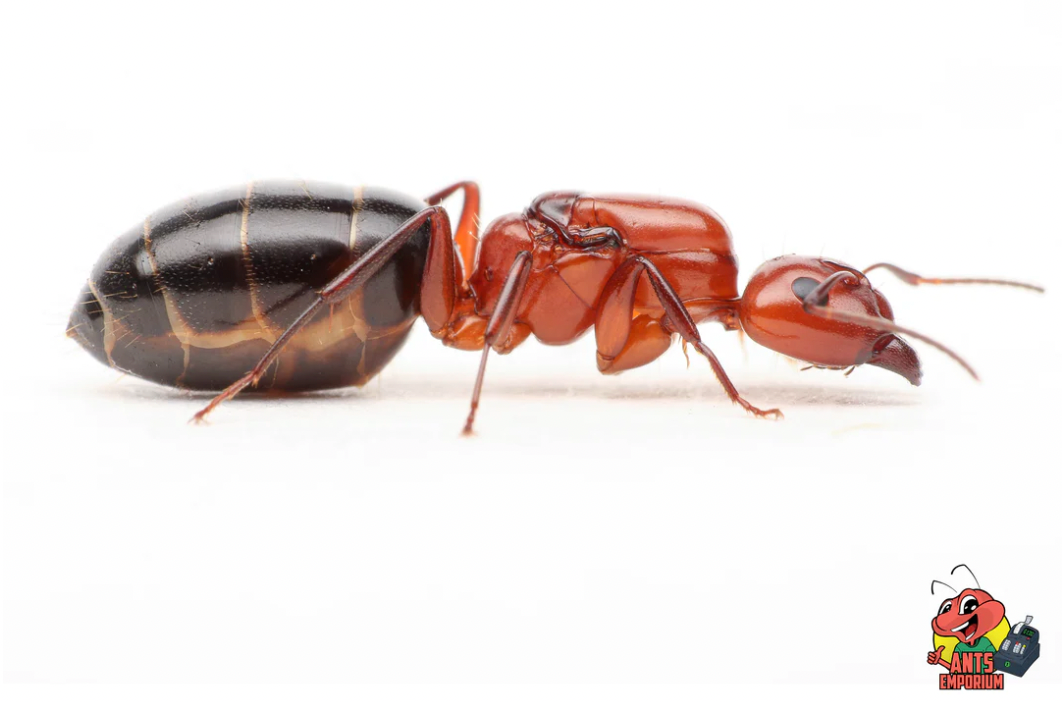
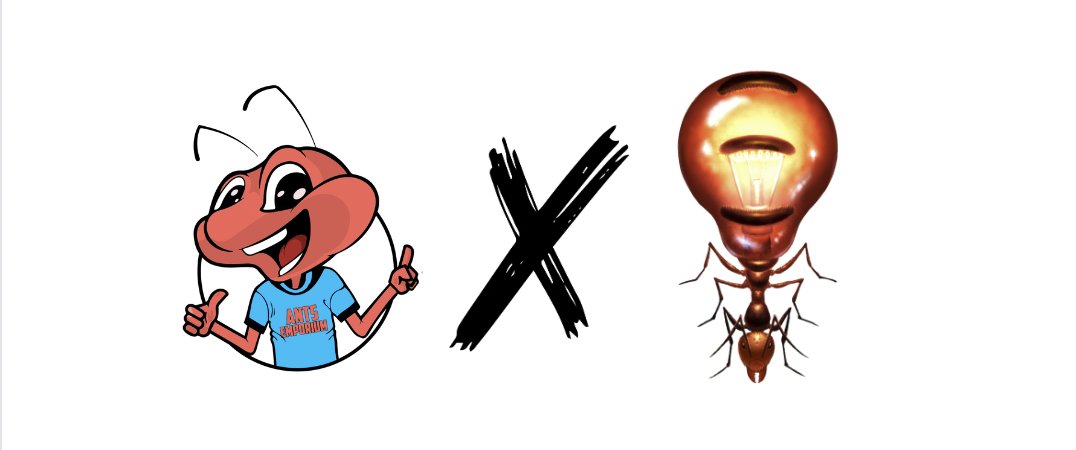
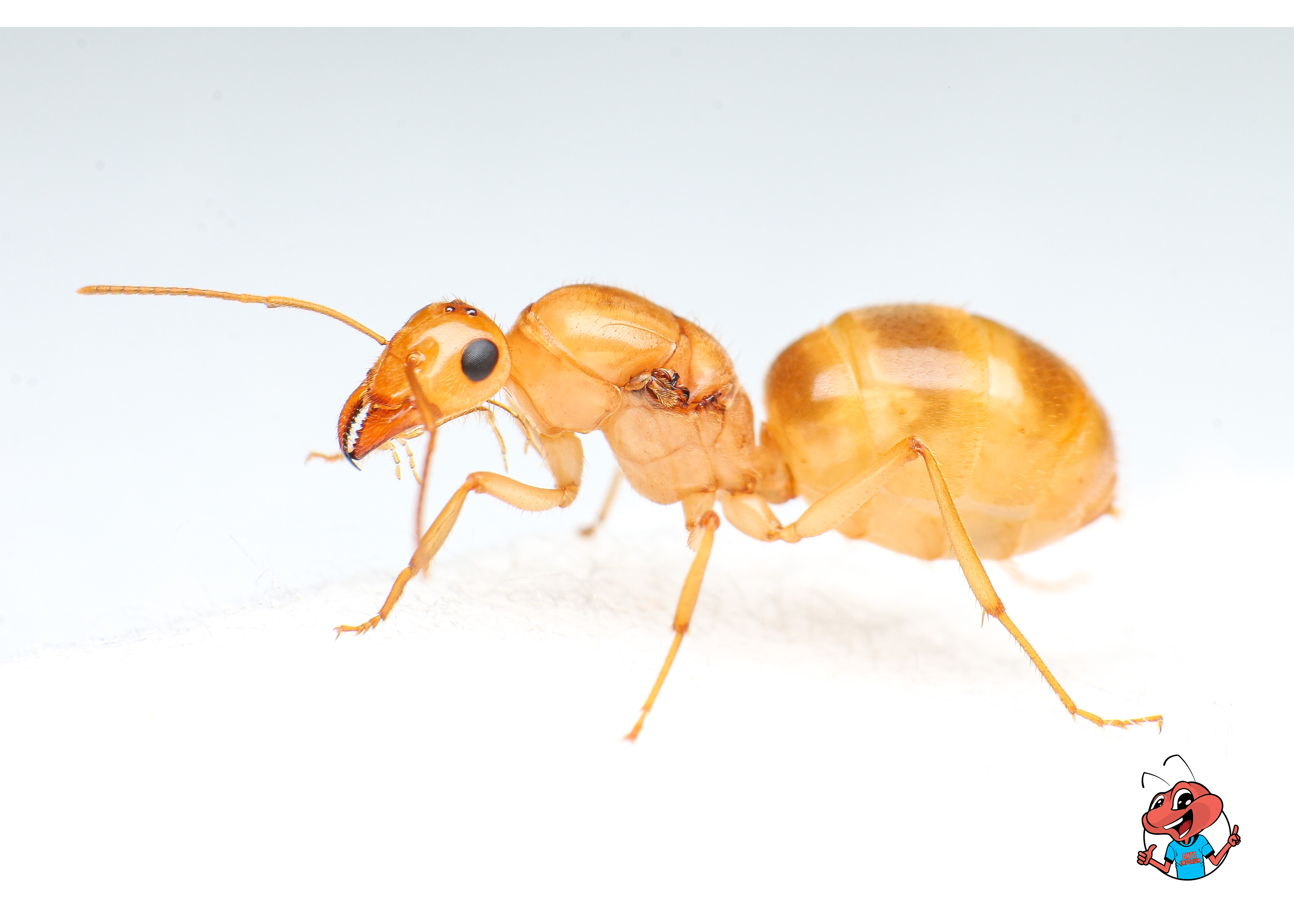
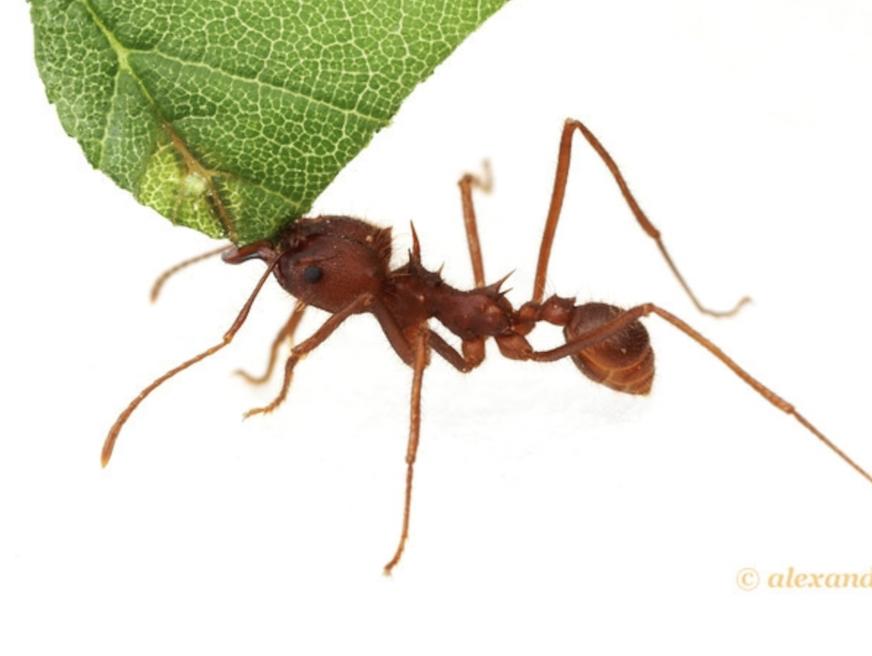
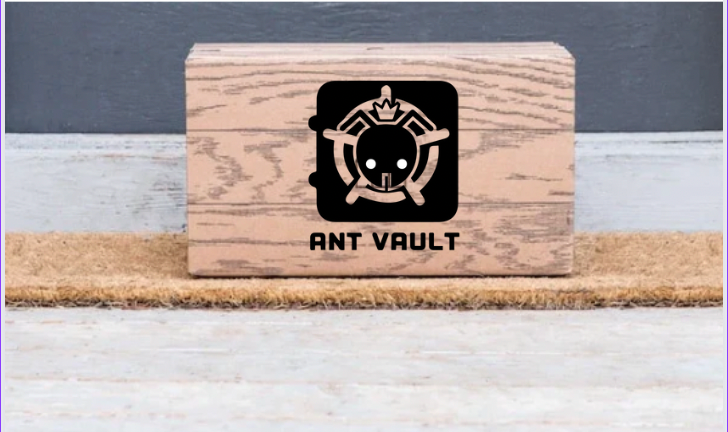


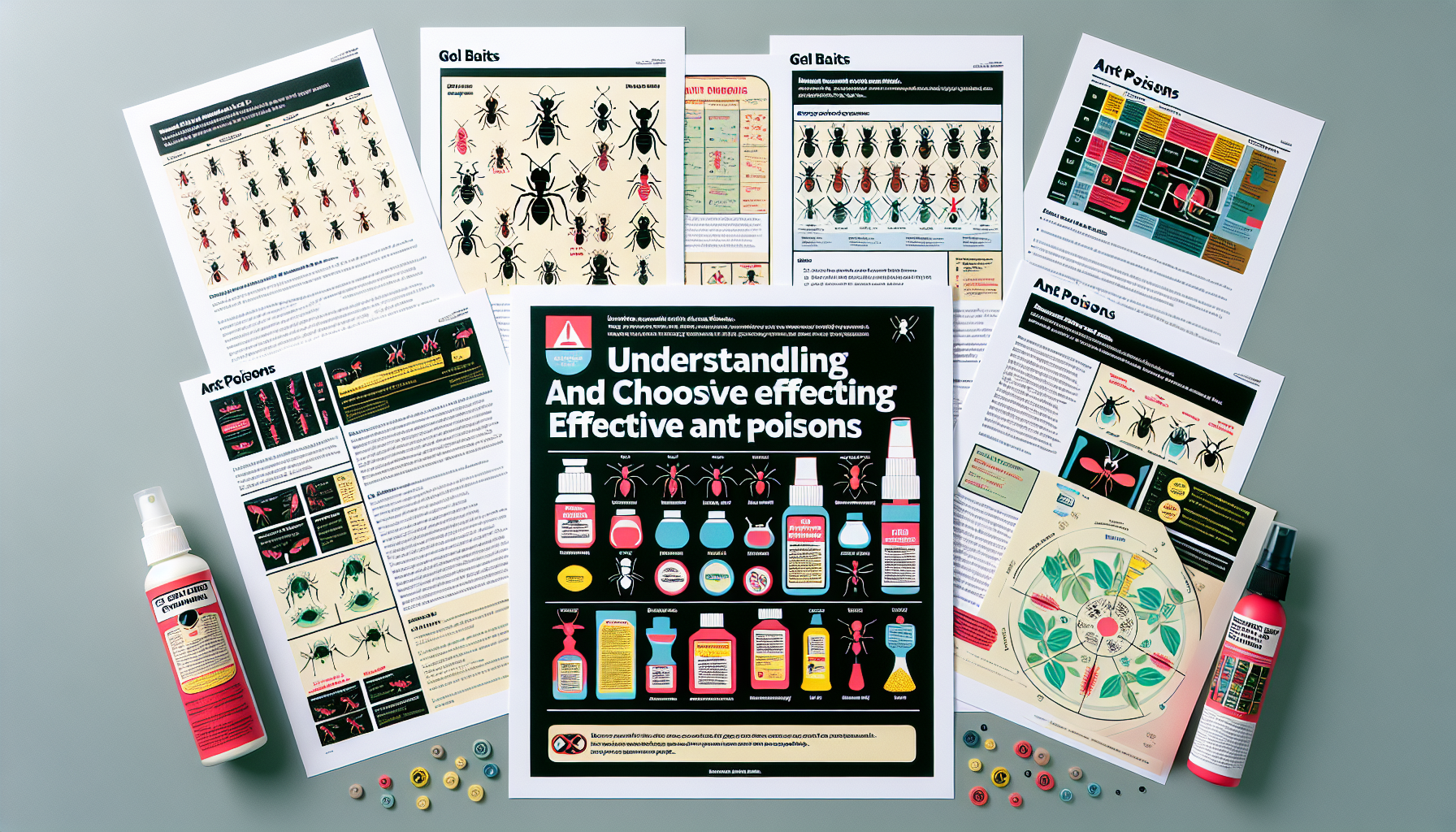
Leave a comment